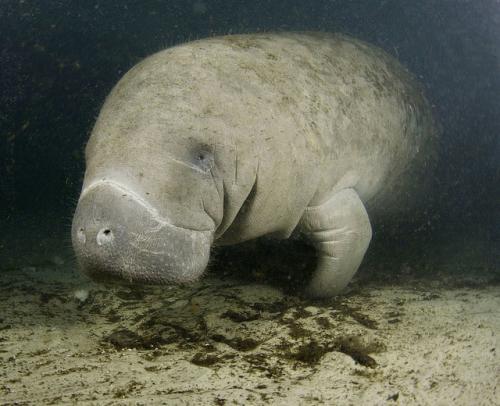The neocortex is the part of the brain that enables us to speak, dream, or think. The underlying mechanism that led to the expansion of this brain region during evolution, however, is not yet understood. A research team headed by Wieland Huttner, director at the Max Planck Institute of Molecular Cell Biology and Genetics, now reports an important finding that paves the way for further research on brain evolution: The researchers analyzed the gyrencephaly index, indicating the degree of cortical folding, of 100 mammalian brains and identified a threshold value that separates mammalian species into two distinct groups: Those above the threshold have highly folded brains, whereas those below it have only slightly folded or unfolded brains. The research team also found that differences in cortical folding did not evolve linearly across species.
The Dresden researchers examined brain sections from more than 100 different mammalian species with regard to the gyrencephaly index, which indicates the degree of folding of the neocortex. The data indicate that a highly folded neocortex is ancestral – the first mammals that appeared more than 200 million years ago had folded brains. Like brain size, the folding of the brain, too, has increased and decreased along the various mammalian lineages. Life-history traits seem to influence this: For instance, mammals with slightly folded or unfolded brains live in rather small social groups in narrow habitats, whereas those with highly folded brains form rather large social groups spreading across wide habitats.
A threshold value of the folding index at 1.5 separates mammalian species into two distinct groups: Dolphins and foxes, for example, are above this threshold value – their brains are highly folded and consist of several billion neurons. This is so because basal progenitors capable of symmetric proliferative divisions are present in the neurogenic program of these animals. In contrast, basal progenitors in mice and manatees lack this proliferative capacity and thus produce less neurons and less folded or unfolded brains.
